In November 2018 French President Emmanuel Macron called for the formation of a “European army”, sparking a debate among experts and the anger of U.S. President Donald Trump. One year later, in November 2019, President Macron declared that “What we are experiencing is the brain death of NATO”. [1] His statement, as well as the actions of some NATO members such as Turkey, have raised questions about the future of the North Atlantic Alliance.
In November 2018 French President Emmanuel Macron declared that Europe shouldn’t delegate its security to the United States of America anymore but it should develop its own strategic culture and interests through the European Intervention Initiative. The EII (or EI2) gathers 14 EU member states (Belgium, Denmark, Estonia, Finland, France, Germany, Italy, Netherlands, Norway, Portugal, Romania, Spain, Sweden, United Kingdom) and seeks to become Bruxelles’ intervention force.
President Macron thinks that the EII could give birth to an autonomous and eventually independent European defence structure. However, in the context of the current situation this seems to be a naive belief.
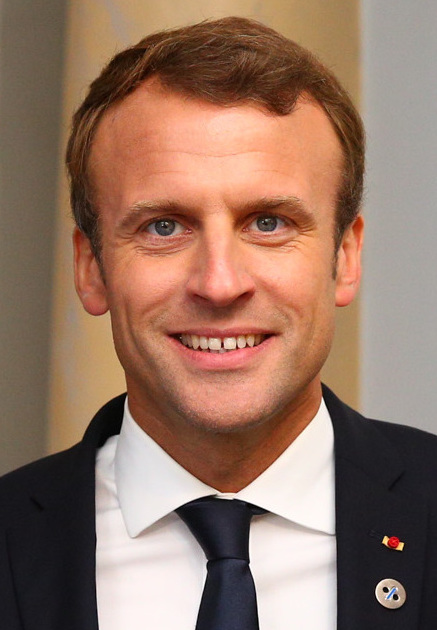
Wikipedia
By its mandate the EI2 is allowed to participate in EU, UN, and NATO operations. Its members and security policy should remain compatible with the EU but also with NATO. EU member states already participate in UN peacekeeping operations but most of the major military operations occurring since the war in the former Yugoslavia and involving European countries were conducted under NATO leadership (Kosovo in 1998-1999, Afghanistan in 2001, Iraq in 2003, Libya in 2011 and Syria since 2011). NATO is affected by internal contradictions (such as the gap between “Old Europe” and “ New Europe” caused by the invasion of Iraq in 2003) but it may not be sufficient for enabling the EI2 to give birth to an autonomous or even independent European security policy. Some Eastern European NATO members such as Poland consider the North Atlantic Alliance as a stronger security guarantee than any other defence structure proposed by Western European NATO members such as France. France and Italy are sometimes viewed by some Eastern European NATO members as unreliable because of their moderate stance towards Russia. Moreover, NATO’s internal contradictions are seen by some of its members, such as Poland or Turkey, as opportunities to protect their national security interests or further their own agenda. The USA, Poland, Turkey or the United Kingdom could also easily oppose any independent development of the EI2 and make sure it would remain subordinated to NATO.
After President Macron called for less strategic dependence towards the USA, his supporters, some journalists and some experts presented his proposal as a Gaullist strategy for European strategic independence. President Macron had identified China, the USA and Russia as potential threats to Europe. His statement infuriated US President Donald Trump and forced the French President, afterwards, to look for appeasement with Washington. President Macron’s statement was also far from the vision of General Charles de Gaulle who considered that Russia could play an important role for European strategic independence.
One year later, in November 2019, Emmanuel Macron declared that NATO was in a state of “cerebral death” and advocated a stronger European defence policy but he didn’t call for its termination. Rather, he proposed to clarify and redefine its goals. He pointed out that the lack of coordination among NATO allies in northern Syria and Turkey’s operation in the region were serious risks for the North Atlantic Alliance. [2] President Macron also added that a strategic dialogue with Russia was necessary but it would take time. This spark of realism was welcomed by Moscow but as a whole, Macron’s strategic vision for Europe is affected by contradictions and is not consistent. An effective and fruitful dialogue with Russia would require a new European defense structure putting an end to NATO and forcing the EU to redefine its own foreign and security policies.
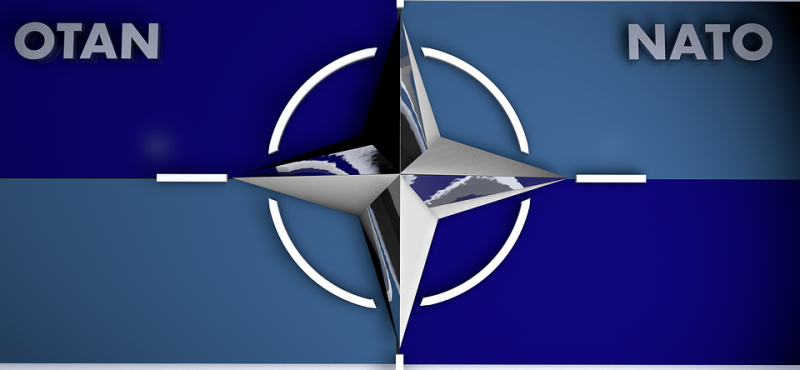
Pixabay
Even though President Macron criticized NATO, he didn’t question its legitimacy and his foreign policy is still compatible with NATO. French troops are also present in northern Syria and their presence has no legality with regard to French and International Law. US President Trump has changed his mind and decided to keep US troops in Syria, close to local oil fields, but unlike him, President Macron has never expressed his intention to withdraw French troops from Syria. Both Presidents are maintaining NATO presence in Syria, justifying its illegality with the threat represented by the Islamic State. Very few questions are also raised about the involvement of NATO countries (USA, France and the United Kingdom) in the Yemeni Civil War and its legality.
NATO is facing a crisis, but it’s not the first one. Turkey has often been involved in NATO internal crises. In July 1974, NATO had been seriously affected by Turkey’s military intervention in northern Cyprus (Operation Attila) and the subsequent reaction of Greece. After the coup d’état attempt of July 2016, Turkish President Recep Tayyip Erdogan became increasingly distrustful towards some of its NATO allies, especially the United States of America, while getting closer to Russia. In spite of several serious bilateral crises related to the Syrian conflict (the murder of Russian Ambassador Andrei Karlov in December 2016 and the murder of a Russian pilot in Syria in February 2018), the relationship between Turkey and Russia has developed to unprecedented levels, as illustrated by the delivery of the Russian S-400 missile system to Turkey.
With regard to its relations with Turkey and its leadership in the Syrian conflict, NATO has also lost some of its influence. The recent Turkish military intervention in northern Syria (Operation Peace Spring) against Kurdish YPG militants and President Trump’s original decision to withdraw US troops had been seen by Kurdish militants as a betrayal from NATO, pushing them to conclude deals with Russian forces and the Syrian government. These deals were not new ones as similar agreements had been concluded between Kurdish representatives and Damascus in 2013 or between Kurdish and Russian forces through the local Russian Reconciliation Centers, such as in Afrin.
Notes
[1] « Emmanuel Macron warns Europe: NATO is becoming brain-dead », The Economist, 07/11/2019 : https://www.economist.com/europe/2019/11/07/emmanuel-macron-warns-europe-nato-is-becoming-brain-dead
[2] « Selon Emmanuel Macron, l’OTAN est en état de «mort cérébrale» », Russia Today France, 07/11/2019 : https://francais.rt.com/international/67664-selon-emmanuel-macron-otan-est-en-etat-mort-cerebrale







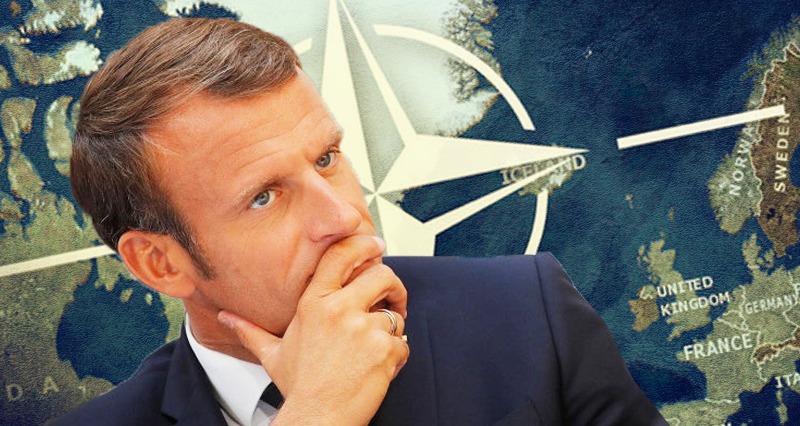





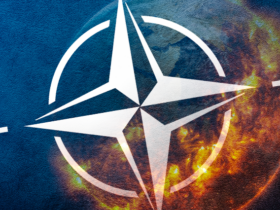

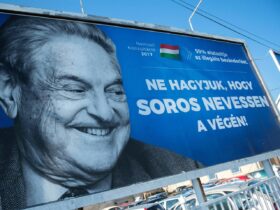

Leave a Reply